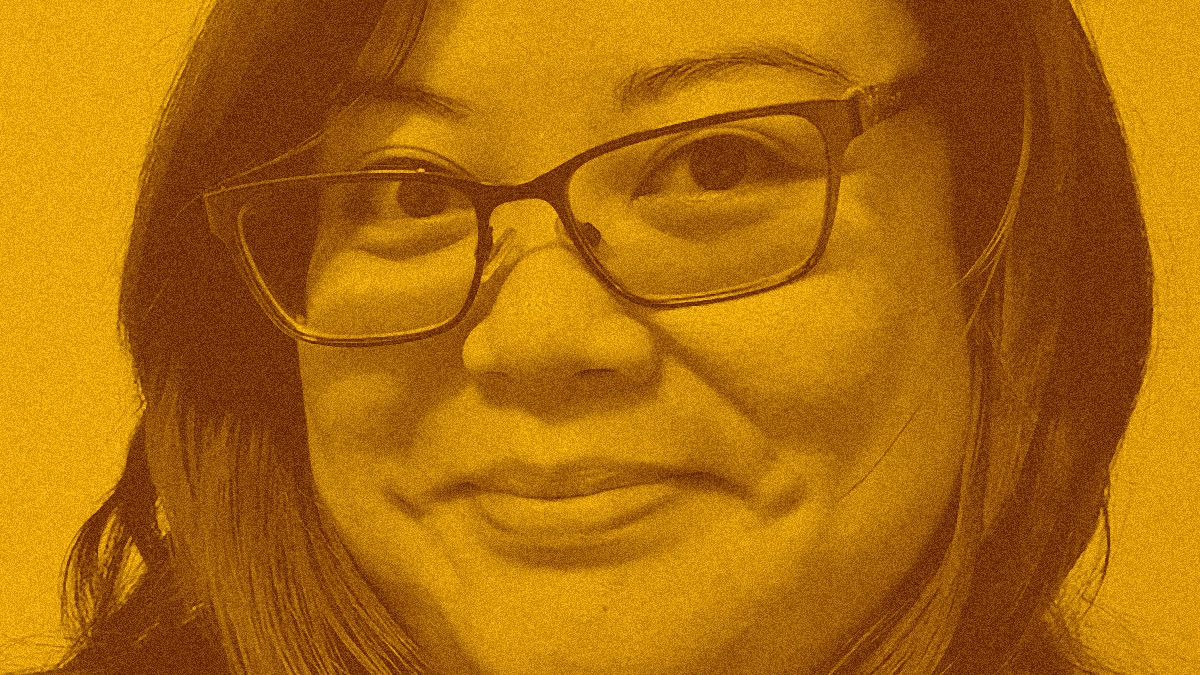Episode 110 of The Informed Life podcast features a conversation with Nicole van der Hoeven. Nicole is a Developer Advocate at Grafana Labs. She is also a communicator, sharing what she learns through her writing, conference presentations, and YouTube videos. The latter are what brought Nicole’s work to my attention: she runs a YouTube channel focused on one of my favorite tools for thought, Obsidian. In this conversation, we focus on how Nicole uses Obsidian to “learn in public.”
She does this by means of a daily practice of publishing working notes in a digital garden: “either creating new notes or making new links or updating the knowledge that I had yesterday that now I realize is not up to date.” She called out the parallels between this approach to learning and the Continuous Integration/Continuous Delivery approach to software development:
In tech, CI/CD or Continuous Integration/Continuous Delivery is kind of a way of reframing the software development life cycle. It used to be that when you build software, you start with the planning. So, the requirements. And then it gets developed, and then it gets tested, and then it gets deployed. It’s really very linear.
But because of changing requirements and the faster pace that we’re expected to keep up with, that evolved into a more agile way of thinking where it’s just a continuous cycle. So, those things do still occur, but the phases are less rigid and kind of flow into each other. So you don’t stop building software after you deploy it. You’re still testing, you’re still putting out patches and tweaking requirements. Maybe you got them wrong! And it all feeds back into the next cycle.
So, I think that digital gardens is kind of like continuous notetaking. Where we used to think that it’s like, “oh! This is the ideation process. Then you structure it or outline it. Then you flesh it out. Then you hit publish and it’s done.” I don’t like to think of it that way because I’m wrong, frequently, and I would hate to put myself at that standard where I feel like I can’t even publish anything because I’m going to be wrong as soon as I publish it. So I just prefer to say, “these are my notes. It’s all a work in progress, and I’m going to update them as I learn more or as I find the time.”
This approach obviously applies to work-related learning, but it can also apply to play, and the latter part of our conversation focused on how Nicole uses Obsidian to play tabletop role-playing games. This reflected what I felt as a refreshing and energizing approach to life as play — “playing in public,” as Nicole put it.
I’ve learned a lot from Nicole’s videos about Obsidian. If you’re starting out with the tool — or even if you’ve used it for a while — you’re likely to learn something new from her work. This conversation can serve as a primer to get you started. As always, if you’re getting value from the show, please leave a rating or review in Apple’s podcast directory — it helps other folks find the show.
The Informed Life episode 110: Nicole van der Hoeven on Obsidian
